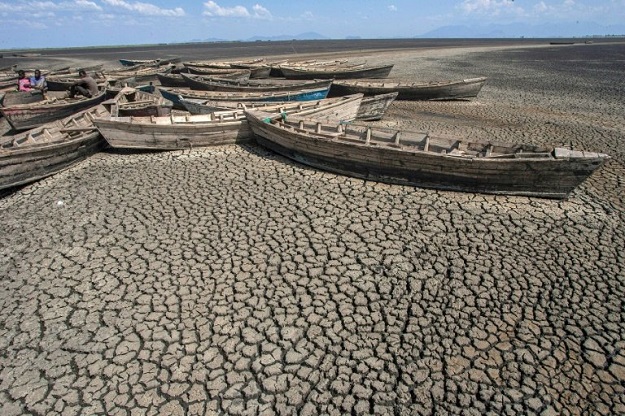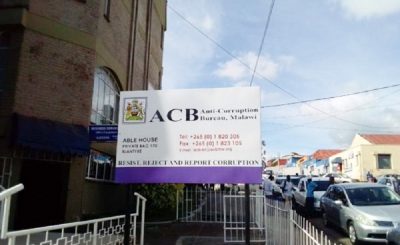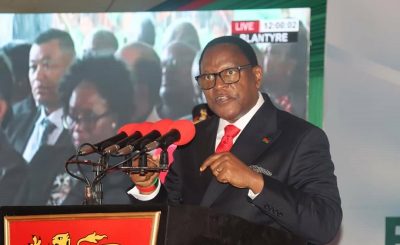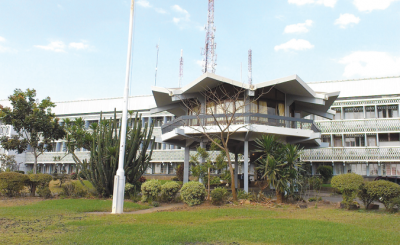Different stakeholders from the districts of Zomba, Phalombe and Machinga have agreed to work together in a bid to bring back the lost glory of Lake Chilwa which has completely dried up.
The stakeholders that include Non-Governmental Organizations (NGO’s), government departments, academia, religious and traditional leaders came together during a meeting held in Zomba in a bid to come up with a lasting solution to save Malawi’s second largest lake.
Leadership for Environment and Development (LEAD), Southern and Eastern Africa, a non-governmental organization dealing with environmental issues, in collaboration with department of fisheries, organized the meeting.
Regional Director of LEAD, Professor Sosten Chiotha, said there is need for an integrated plan which has to involve all stakeholders if the lake is to be saved.
Professor Chiotha said: “There is need for all the stakeholders to understand the root cause of the problem which apart from climate change, which has led to erratic rains, also the degradation of catchment areas has negatively affected the flow of water from the lake’s inflow rivers like Naisi, Thondwe, Phalombe, Songani, and Domasi a development which requires all the stakeholders to join hands in dealing with the challenges.”
Traditional Authority (TA) Nkagula who was among the participants, emphasized the need for authorities to empower the communities surrounding the lake with income generating activities so that they can find a way of living rather than resorting into businesses that are not environmental friendly such as charcoal burning which leads to unnecessary cutting down of trees along river banks that feed the lake with water.
The current situation of lake Chilwa, which is 60 km long and 40 km wide, is so pathetic as it has completely dried up to the extent that people are now able to cross from one side to the other on foot.
A visit to the area of TA Nkagula, where most people benefit from the lake, revealed that all activities such as fishing and boat transportation that the communities depended on in their day to day lives have come to a complete stand still.
One of the women in the area, Rose Nyambalo, said fishermen and boat transporters, who are the bread winners in their families are now desperate and have resorted to abandoning their families to go to other districts such as Mangochi to seek greener pastures a situation which has left women to head the whole responsibility of their families.
According to a 1999 research done by Fisheries Department, Lake Chirwa, provides 20 percent of the fisheries country wide and if the lake remains in this state then the country will be losing money amounting to K3 Billion a year.





